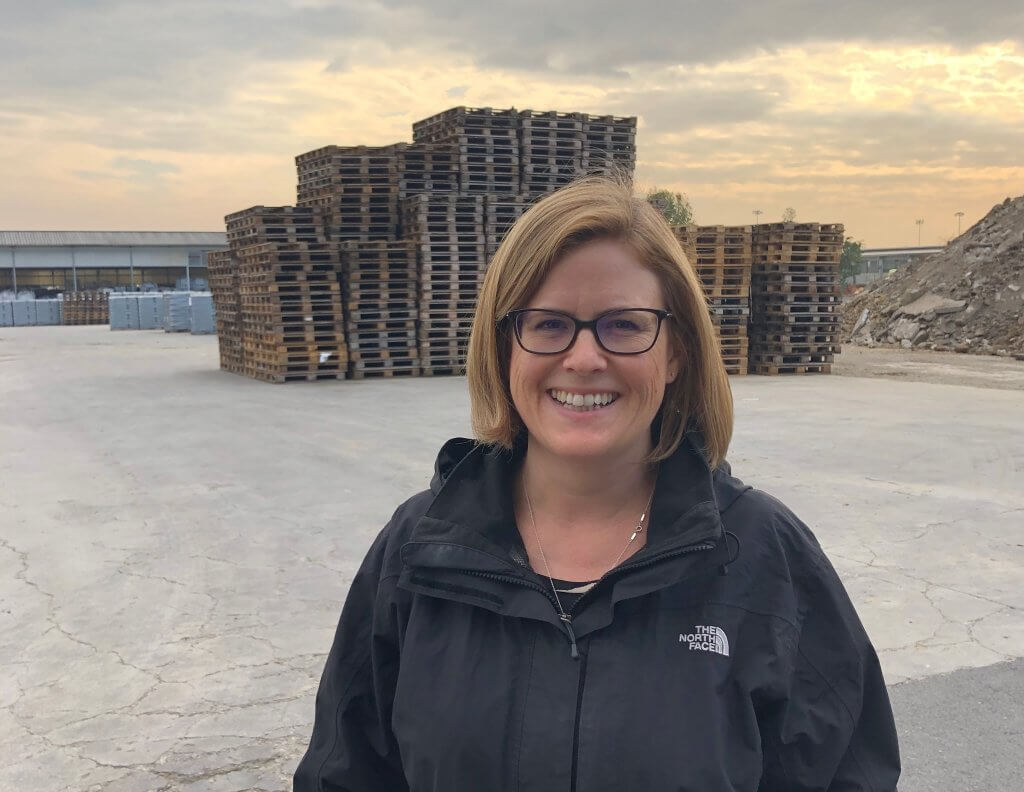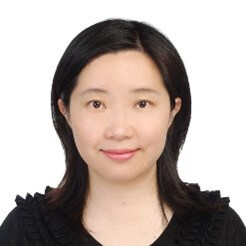Webinar, 18 Dec 23, 10-11:00 a.m. Chaired by Dr Jane Gilbert, Carbon Clarity. Registration is now closed; recording available upon request.

Jenny Grant is is Head of Organics and Natural Capital for the REA (the Association for Renewable Energy and Clean Technology). Jenny has been involved with the organics recycling industry for over 20 years. REA Organics promotes the benefits of composting, aerobic and anaerobic digestion and other biological treatment and the use of biologically treated materials. Jenny works with Government and Regulators on behalf of members. She provides technical advice to compost producers and AD operators, delivers training, assists operators with achieving end of waste certification and advises on recycling of organics to land.

Li Xie, PhD, is a full professor at the College of Environmental Science and Engineering, Tongji University, China. Her major research interests are the bioconversion of waste streams to bioproducts, biofuels, and bioenergy, via the optimisation of the fermentation and digestion processes and the development of other sustainable solutions for wastewater and organic waste treatment. She is a member of the management committee of Shanghai environmental microbes, and has been working with a range of organisations and research bodies. She has coordinated and participated in a large number of projects supported by both national funding and ministry of scientific technology over the last 20 years, resulting in more than 80 scientific publications and 5 patents.
As one of the world’s fastest developing countries, China is inevitably facing the problem of organic wastes. Dr. Xie will provide an overview of the current state, policies and bioconversion technologies, including anaerobic digestion and composting, that are currently applied in China.
Yingying He is a PhD candidate in the college of Environmental Science and Engineering at Tongji University, specialising in the biotransformation of organic solid waste. Yingying has participated in several national key projects in China during her Master and PhD studies, focusing on the optimisation of the composting performance and efficiency, including the development of microbial agents and the exploration of new materials for high-efficient food waste composting. Her work has resulted in several journal papers on composting, showcasing her contribution to this research field.
Co-composting of food waste and agricultural waste is a promising process for organic solid waste management in China, however the decomposition of refractory organic matter and the humification aspects of the process still needs to be further optimised. She will introduce her work and share her thoughts with us.

PRESENTATIONS:
Organic Waste Processing: Collection, Processing and Challenges, Jenny Grant, REA
Jenny discussed the UK market for compost, as well as the types and quantities of materials that are collected, how they are processed and what happens to the output. She outlined a number of challenges, as well as forthcoming changes in the industry. Jenny’s presentation can be found here.
Current Situation of Organic Solid Waste Biotreatment in China: From Research to Demonstration, Prof Xie
This presentation focuses on the current context of organic solid waste treatment and disposal in China, with a particular emphasis on the backdrop of the country’s current dual-carbon policies. It highlights the hot topics and innovative directions in the national approach to the handling of organic solid waste, and showcases some of the current research outcomes and challenges faced in this domain within the framework of China’s dual-carbon policy. Recording available to registered attendees upon request.
Optimisation of Aerobic Co-composting of Food Waste and Agricultural Residue Using Biochar-based Additives, YingYing He
As a populous and agricultural country, both food waste and agricultural residues are produced in large quantities in China. Co-composting is a promising method for organic solid waste management in China, however the inconsistent degradation rate of these two materials leads to the stagnation of organic matter decomposition in the later stage, which also has negative impact on the retention of nitrogen in compost. Biochar has been recognised as an accelerator for composting processes due to its unique physical and chemical properties. This presentation introduces the work carried out on biochar-inoculation and iron-carbon combinations in order to further explore the potential of biochar in degrading organic matter in aerobic composting, thereby obtaining high-quality compost. Recording available to registered attendees upon request.


